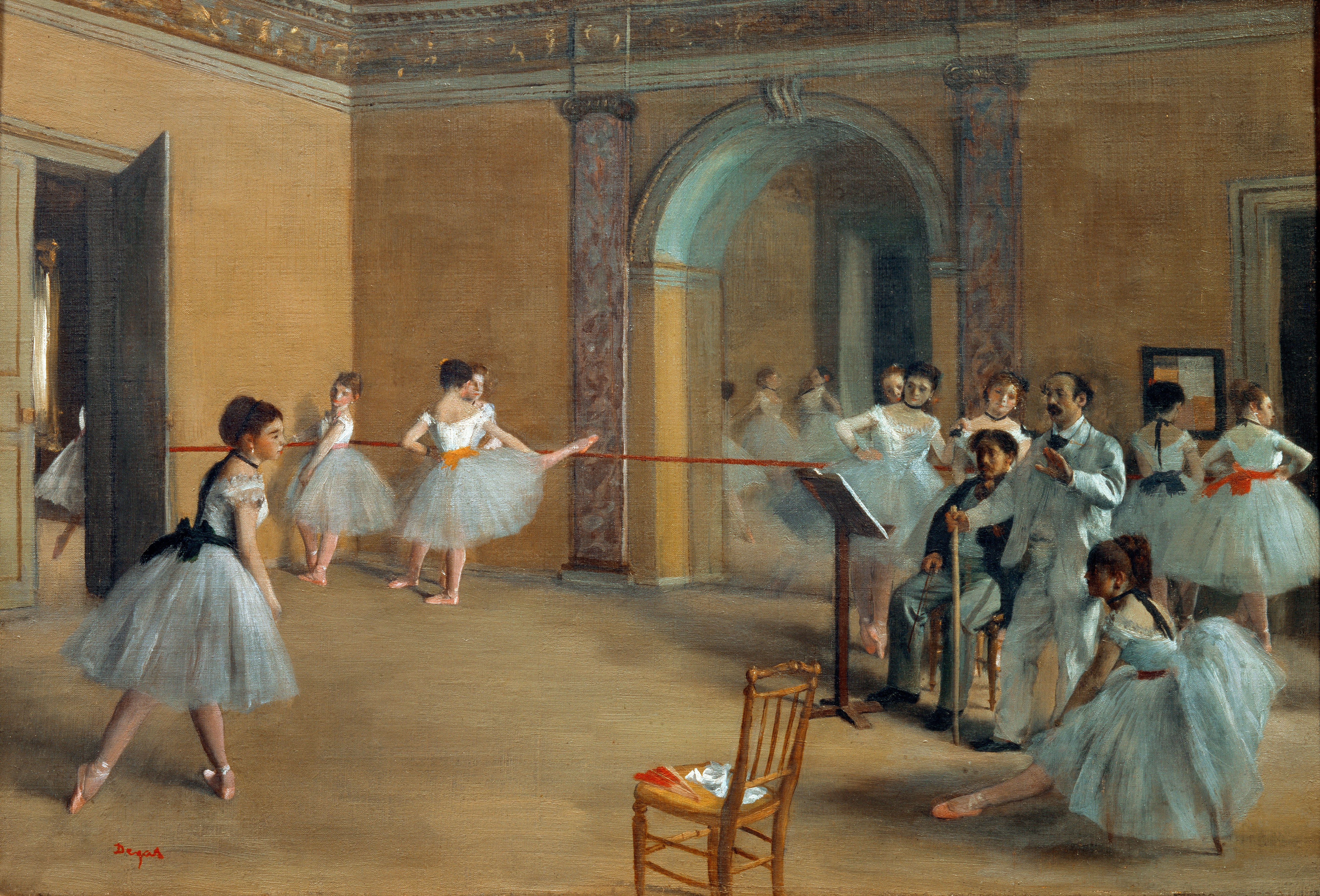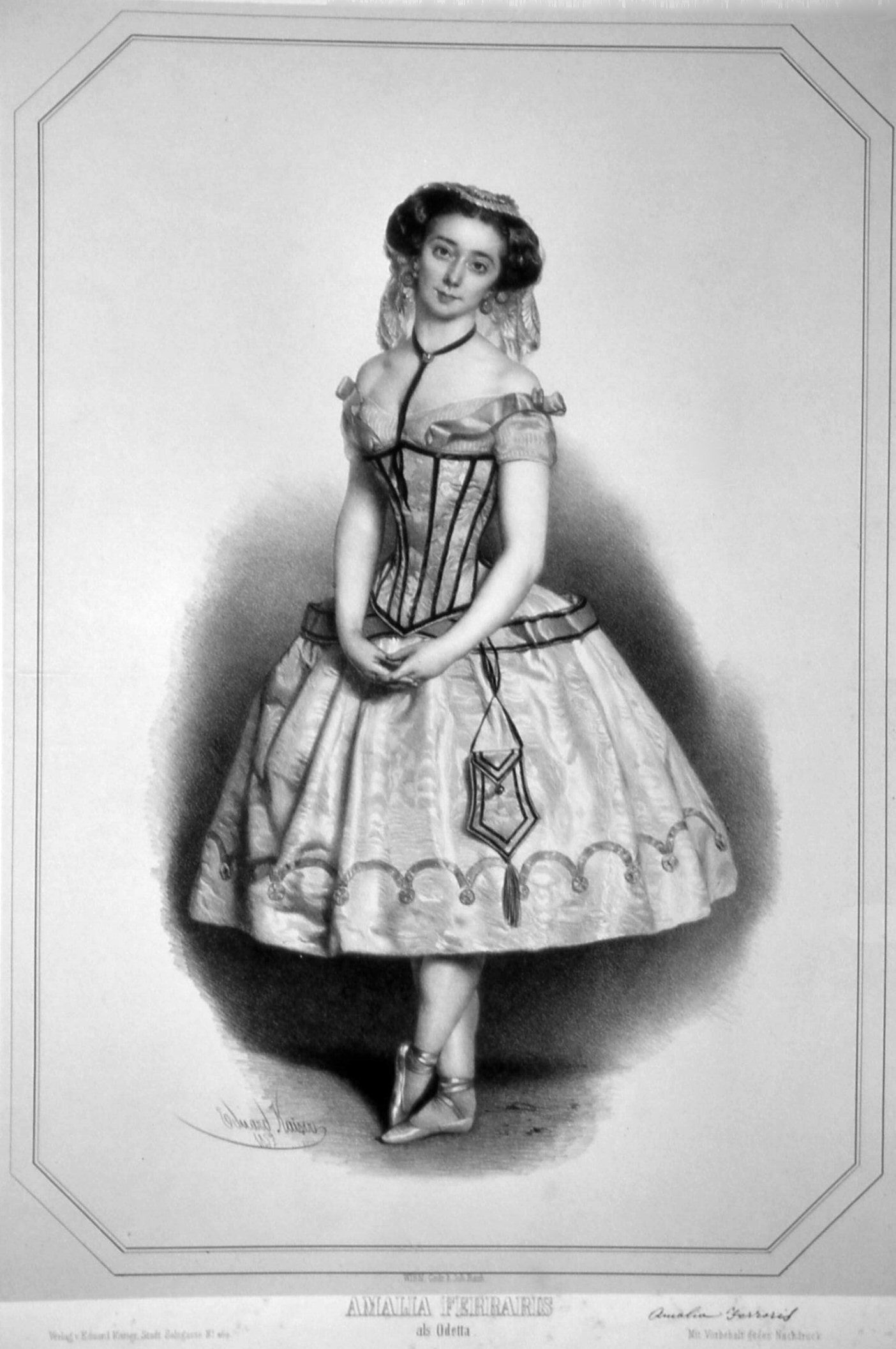|
Le Cheval De Bronze
''Le Cheval de bronze'' (''The Bronze Horse'') is an '' opéra comique'' by the French composer Daniel Auber, first performed on 23 March 1835 by the Opéra-Comique at the Salle de la Bourse in Paris. The libretto (in three acts) is by Auber's regular collaborator, Eugène Scribe and the piece was a great success in its day. In 1857, it was transformed into an opera-ballet, but this did not hold the stage. The overture is one of Auber's most popular. The first-act finale expands on the final phrases from the first-act finale of Mozart's '' Così fan tutte''. The composer tried to reflect the Chinese setting of the story in the music. Performance history The opera was first performed in England on 14 December 1835 at the Covent Garden Theatre in London, and in the United States on 15 April 1836 at the Théâtre d'Orléans in New Orleans. In March 2012 a production was staged by the Komische Oper Berlin (German version by Bettina Bartz und Werner Hintze) and later broadcast ... [...More Info...] [...Related Items...] OR: [Wikipedia] [Google] [Baidu] |
Mandarin (bureaucrat)
A mandarin () was a bureaucrat scholar in the history of China, Korea and Vietnam. The term is generally applied to the officials appointed through the imperial examination system; it sometimes includes the eunuchs also involved in the governance of the above realms. History and use of the term The English term comes from the Portuguese ''mandarim'' (spelled in Old Portuguese as ''mandarin,'' ). The Portuguese word was used in one of the earliest Portuguese reports about China: letters from the imprisoned survivors of the Tomé Pires' embassy, which were most likely written in 1524, and in Castanheda's ''História do descobrimento e conquista da Índia pelos portugueses'' (c. 1559). Matteo Ricci, who entered mainland China from Portuguese Macau in 1583, also said the Portuguese used the word. The Portuguese word was thought by many to be related to ''mandador'' ("one who commands") and ''mandar'' ("to command"), from Latin ''mandare''. Modern dictionaries, however, agree ... [...More Info...] [...Related Items...] OR: [Wikipedia] [Google] [Baidu] |
Chouquet, Gustave
Gustave Chouquet (16 April 1819 – 30 January 1886)Grove & Charlton 2001. was a French music historian, music critic, and teacher of French. Early life and career Born Adolphe-Gustave Chouquet in Le Havre, he spent six years in Paris studying at the Massin Institute, but devoted almost all his spare time to studying voice and piano and attending concerts at the Paris Conservatory. In 1836, after receiving his degree ('' bachelier ès lettres''), he returned to Le Havre, where his father was a banker. The latter lost his fortune in creating a railroad company (from Paris to the sea), and in 1840 the family moved to the United States. Gustave produced his first essays of music criticism in New York.Fétis, "Chouquet (Adolphe-Gustave)", 1978vol. 1, pp. 181–182 He was also a professor of French literature and history and published several textbooks of French language instruction. After sixteen years devoted to education, a respiratory ailment caused him to move back to France, w ... [...More Info...] [...Related Items...] OR: [Wikipedia] [Google] [Baidu] |
Louis Mérante
Louis Alexandre Mérante (23 July 1828–Courbevoie, 17 July 1887) was a dancer and choreographer, the ''Maître de Ballet'' (First Balletmaster/Chief Choreographer) of the Paris Opera Ballet at the Salle Le Peletier until its destruction by fire in 1873, and subsequently the first Ballet Master at the company's new Palais Garnier, which opened in 1875. He is best remembered as the choreographer of Léo Delibes' '' Sylvia, ou la nymphe de Diane'' (1876). With Arthur Saint-Léon and Jules Perrot, he is one of the three choreographers who defined the French ballet tradition during the Second French Empire and the Third Republic according to choreographer Pierre Lacotte. Biography Born in Paris, Mérante was a pupil of Lucien Petipa, with whom he figured on the six-member select jury of the first annual competition for the Corps de ballet, held on 13 April 1860. The jury included the director of the new ''Conservatoire de danse'', as well as the former ballerina Marie Taglioni, its gu ... [...More Info...] [...Related Items...] OR: [Wikipedia] [Google] [Baidu] |
Zinaida Richard
Zenaida (Greek name meaning "Life of Zeus.") Zenaide (Italian), Zénaïde ( French), or Zinaida (russian: Зинаида). /ref> It is a used in many cultures used for women. It can also refer (as ''Zenaida'') to the , named after Pri ... [...More Info...] [...Related Items...] OR: [Wikipedia] [Google] [Baidu] |
Amalia Ferraris
Amalia Ferraris (1828 in Voghera – 8 February 1904, in Florence) was an Italian dancer. Her year of birth may have been 1828, 1830, or 1832. After studying in Turin, she attended the ballet school at La Scala Academy, under the direction of the Carlo Blasis; she debuted in Milan. Ferraris danced at the Teatro di San Carlo in Naples and then throughout Europe. In 1848, she joined the Theatre Royal in London, and performed on the occasion of The Great Exhibition. After successful performances in London (1853), Rome (1854), and Vienna (1855), Ferraris performed at the Paris Opera in 1856. Together with Carolina Rosati, her artistic rival, Ferraris was one of the most notable Italian dancers of her era. In 1857, she performed with Rosati at the Paris Opera in the ballet ''Marco Spada, ou La Fille du Bandit''; it was said to have been commissioned by Napoleon III for Ferraris and Rosati, who was considered to be the most celebrated ballerinas at the time. Along with Rosati, Gi ... [...More Info...] [...Related Items...] OR: [Wikipedia] [Google] [Baidu] |
Académie Royale De Musique
The Paris Opera (, ) is the primary opera and ballet company of France. It was founded in 1669 by Louis XIV as the , and shortly thereafter was placed under the leadership of Jean-Baptiste Lully and officially renamed the , but continued to be known more simply as the . Classical ballet as it is known today arose within the Paris Opera as the Paris Opera Ballet and has remained an integral and important part of the company. Currently called the , it mainly produces operas at its modern 2,723-seat theatre Opéra Bastille which opened in 1989, and ballets and some classical operas at the older 1,979-seat Palais Garnier which opened in 1875. Small scale and contemporary works are also staged in the 500-seat Amphitheatre under the Opéra Bastille. The company's annual budget is in the order of 200 million euros, of which €100M come from the French state and €70M from box office receipts. With this money, the company runs the two houses and supports a large permanent staff, ... [...More Info...] [...Related Items...] OR: [Wikipedia] [Google] [Baidu] |
Lucien Petipa
Lucien Petipa (December 22, 1815 – July 7, 1898) was a French ballet dancer in the early 19th century ( Romantic period), who was the brother of Marius Petipa, the famous ballet master of the Russian Imperial Ballet. He was born in Marseilles and died in Versailles. The son of Jean-Antoine Petipa, he was the original interpreter of many of the principal male roles during the Romantic era, working with choreographers such as Jean Coralli among others. Probably the most known role he created was Albert, duke of Sliesa (later to be known as count Albrecht) in the two-act ballet of ''Giselle'' in 1841, opposite the Italian-born ballerina Carlotta Grisi for whom the ballet was created. Between 1860 and 1868 he was '' maître de ballet'' at the Paris Opera and between 1872 and 1873 he ran the La Monnaie theater in Brussels.Ivor Guest. ''Petipa, (Joseph) Lucien'' oGrove Music Online Notable roles * Albert in ''Giselle'' (1841) * Achmed in '' La Péri'' (1843) Ballets * In 1857 Lucien ... [...More Info...] [...Related Items...] OR: [Wikipedia] [Google] [Baidu] |
Maid-of-honor
Bridesmaids are members of the bride's party in a Western traditional wedding ceremony. A bridesmaid is typically a young woman and often a close friend or relative. She attends to the bride on the day of a wedding or marriage ceremony. Traditionally, bridesmaids were chosen from unwed young women of marriageable age. Bridesmaids are often required to get bob haircuts in some Nordic cultures. The principal bridesmaid, if one is designated, may be called the chief bridesmaid. She may also be called the maid of honor if she is unmarried, or the matron of honor if she is married. A junior bridesmaid is a girl who is clearly too young to be married but who is included as an honorary bridesmaid. In the United States, typically only the maid or matron of honor and the best man are the official witnesses for the wedding license. Often there is more than one bridesmaid: in modern times the bride chooses how many to ask. Historically, no person of status went out unattended, and the si ... [...More Info...] [...Related Items...] OR: [Wikipedia] [Google] [Baidu] |
Félicité Pradher
Félicité may refer to: Geography *Félicité (island), Seychelles *Sainte-Félicité (other) **Sainte-Félicité, Chaudière-Appalaches, Quebec **Sainte-Félicité, Bas-Saint-Laurent, Quebec People *Félicité Carrel, Italian mountaineer *Félicité Fernig (1770–1841) sister who enlisted in the French army dressed as a man during the French revolutionary wars *Félicité Du Jeu Félicité du Jeu is a French actress. She is best known for her role as DC Stella Goodman in the BBC drama '' Waking the Dead''. Early life Du Jeu studied at the Conservatoire d'Art Dramatique de Saint-Germain-en-Laye from 1992 to 1996, and took ..., French actress Film * ''Félicité'' (1979 film), Christine Pascal * ''Félicité'' (2017 film), Alain Gomis Other * French frigate ''Félicité'' (1785) {{DEFAULTSORT:Felicite ... [...More Info...] [...Related Items...] OR: [Wikipedia] [Google] [Baidu] |

.jpg)



